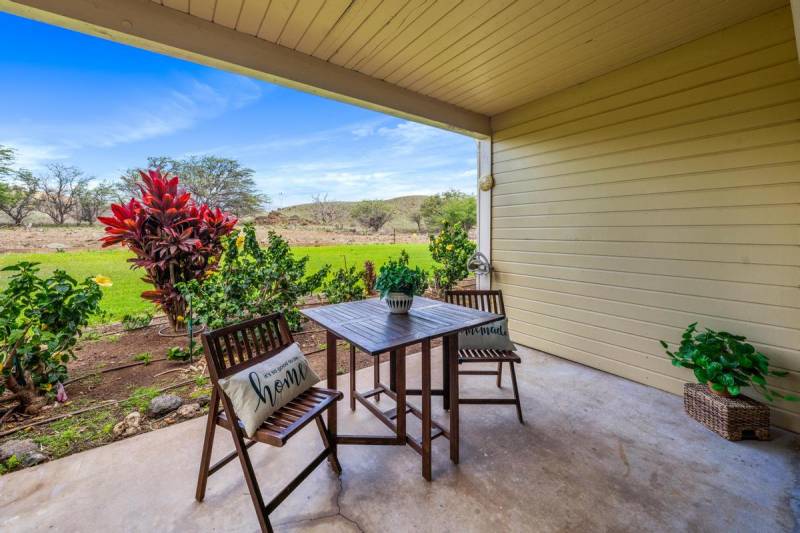Choosing the Right Rental Strategy: Factors to Consider for Short-Term and Long-Term Rentals
When it comes to a real estate investment, choosing the right rental strategy is crucial. Short-term rentals and long-term rentals each offer unique advantages and considerations.
Let’s explore the factors you should consider when deciding between short-term and long-term rental strategies, helping you make an informed decision that aligns with your investment goals.

Rental Income Potential
One of the primary considerations when choosing a rental strategy is the income potential. Short-term rentals often generate higher rental income per day due to our premium rates available, especially during the holidays. However, long-term rentals provide a more consistent and stable monthly income stream.
Investigating the income potential of both strategies can be challenging but rewarding. It can be hard to determine long-term and short-term rental rates, and I always suggest talking with a Property Manager specializing in a specific area on the Island and the type of rental. Not all property managers do long-term and vice versa. The Big Island is big! Working with a specialist who works in the rental type you are looking into will empower you.
Occupancy and Booking Management
Short-term rentals typically require more hands-on management, including handling bookings, guest communication, and cleaning between stays. Property managers charge 25-30% of your gross income to manage your property. That charge does not include cleaning fees and taxes (GET and TAT). Some owners manage the property themselves. By law, you must have an on-island representative that can be at the property within 4 hours for emergencies.
Long-term rentals, however, involve longer lease terms, have less wear and tear on your home, and property managers charge 10% of your gross income. With limited homes available on the Island, we are also seeing seeing a shortage of rental homes available. Now is a great time to purchase a property for a long-term rental.
Market Demand and Seasonality
Analyzing the market demand and seasonality on the Big Island is essential. We are based on tourism, and short-term rentals may experience peak and low seasons. Our peak season is December through April; leaving the property available during these times will increase rental rates and occupancy. However, during off-peak seasons, you may face challenges maintaining consistent booking, especially in October and November. Being savvy about your rates during the peaks and lows will strengthen your bottom number.
Long-term rentals, on the other hand, are generally less affected by seasonality, providing more stability throughout the year.

Flexibility for Personal Use
If you plan to use the property for personal use occasionally, consider the flexibility each rental strategy offers. Short-term rentals allow you to block off specific dates for personal use, providing more flexibility for your enjoyment. This is not always true if your property is booked heavily. Tip: People book our holiday seasons years in advance, so if you want to stay in your property for the holidays, block that period upon purchase. Long-term rentals typically require a more extended commitment, limiting your ability to access the property conveniently.
Property Maintenance and Furnishing
With the surging demand for short-term rentals and increased competition, they often demand higher presentation standards, decor, updates, and amenities to attract guests.

Regular maintenance and quick response to guest concerns are essential. Long-term rentals, while still requiring upkeep, generally have less frequent turnover, and typically will, furnishing will not be needed.
Regulatory Considerations
Even if you buy the property and don’t live in on the Big Island, you are still subject to the local regulations and restrictions regarding short-term rentals in your area. As an owner, you must keep up to date on new laws, and it’s your job as the homeowner to ensure compliance with all applicable regulations to avoid legal issues or penalties. Long-term rentals have fewer regulatory challenges.
Choosing the right rental strategy, whether short-term or long-term, requires careful consideration of various factors. Assess your financial goals, property management fees, market demand, property maintenance or upgrades needed, and regulatory considerations. By evaluating these factors, you can make an informed decision that aligns with your investment objectives and maximizes the potential of your rental property.
I suggest working with a local real estate agent, a great lender who can assist with your financial needs, and a property manager specializing in short-term or long-term. Creating a team that works with you will help your success be even better!




Leave your opinion here. Please be nice. Your Email address will be kept private, this form is secure and we never spam you.